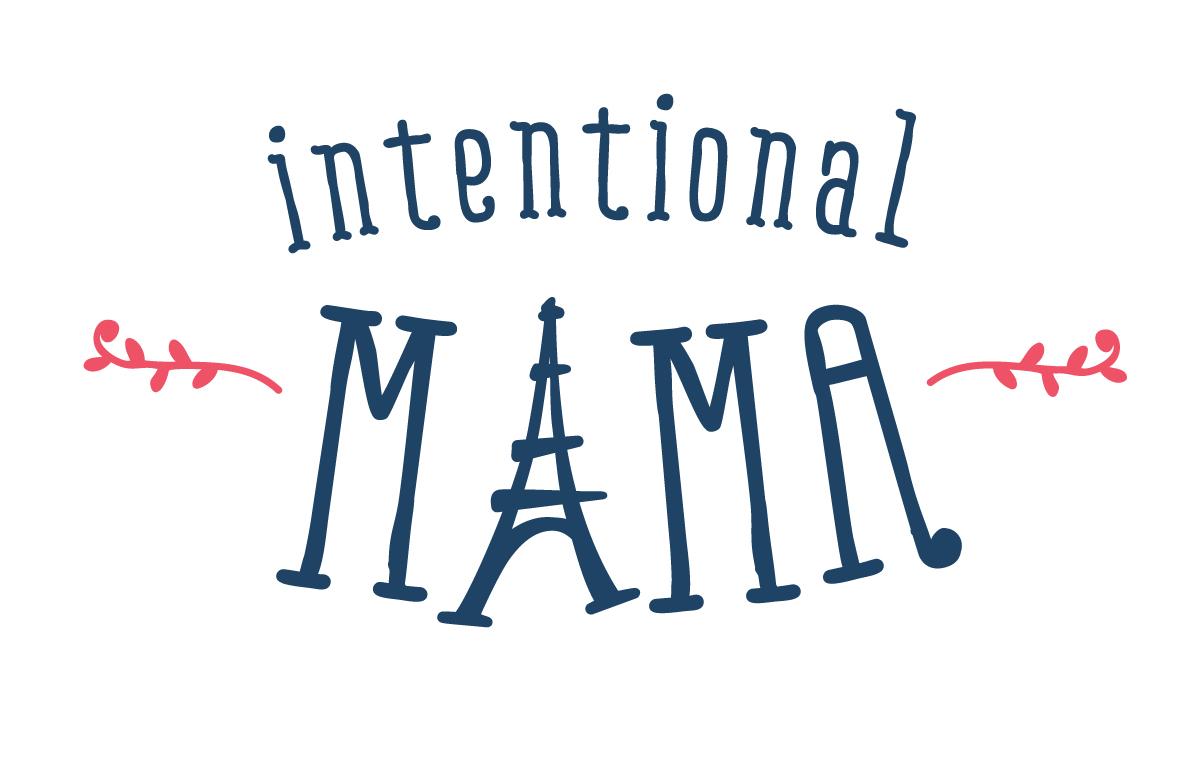Birth, Two Worlds Apart: Part 3 - Julie and Regina's Story
What a joy it is to know Julie Engeman (a former classmate) and follow her journey as an American midwife living in Zambia! Julie's stories have opened my eyes to the realities of birth and maternal care in less developed countries. She has seen the injustice of Zambian hospitals where the care that people receive is entirely based on their income level or tribal group. She has seen the corruption and life-threatening "treatments" that are common there--and yet she chooses to persist in her work, bringing life and encouragement to mothers and babies. Just two weeks ago, Julie shared Regina's story:
Julie teaching about birth
Baby Levi, a Zambian baby delivered by Julie
Pregnant with her first baby, Regina's labor wasn't progressing. Comforted and coached by Julie and another midwife, Regina walked around her village, watched a soccer game, and tried to nap. Finally, due to clinic timeline policies, Regina had to be transferred to the local government-run hospital. Julie cried at this development, because she knows how terrible the hospital care can be. The last time Julie transferred a laboring mother there, forty-eight hours later she was attending a funeral for the baby.
After talking over the situation, Julie and the other midwife made a trip to an ATM, having heard about the existence of a hospital ward for expats and rich patients able to pay for better care. The two midwives withdrew $300 U.S. dollars, "Because if you have to put a price on a life, then $300 is a great deal," Julie wrote in her blog.
Julie checking blood pressure for a mother
Julie spent that night praying for Regina and her baby, unable to sleep. The next morning, Julie returned to the hospital, finding that Regina had just given birth to a son. Regina had named her son "Gift," but he had been taken away immediately "for observation" because he hadn't cried at birth. Babies taken for observation are left in the baby ward to be checked by a doctor or nurse once every twenty-four hours (but not on nights or weekends). The mothers are not allowed to visit or breastfeed babies in observation until the doctor's release. So when she heard that Regina's baby was in the ward, Julie waited there until a nurse let her in to see him, then she snapped a photo with her cell phone to show his mother.
Julie showing Regina a photo of Regina's baby boy--the first time this mother saw her child since giving birth
To Julie and Regina's relief, baby Gift was doing well! He was the largest baby in the ward, with good muscle tone and a healthy cry.
After checking on the baby, Julie and another midwife went out and bought food for Regina, who was famished and requested fried chicken and French fries. The midwives purchased lunch for the nurses as well, "Because it never hurts to bless those [whom] you want to help you," said Julie.
Julie, Regina, and Baby Gift, released from the hospital
Doesn't Julie and Regina's story reveal how different maternal care can be for women and babies worldwide? Julie is currently saving money to purchase a vehicle that will help her and other midwives reach laboring women in the villages that are hours away from the clinic.
Julie's painted toes among friend's feet
This Mother's Day weekend, I'm giving a donation to Julie towards her purchase of a vehicle. I can't imagine a better way to support mothers and babies than to offer a way to bring midwives to their side when they need support. Please consider supporting Julie and the women she serves in this way by offering a donation through the secure site of Overland Missions, the organization supporting her. She has been saving for a vehicle for more than a year and still needs $2,000. We can make Julie's goal a reality!
The Every Mother Counts logo
Another way you can help mothers is to raise awareness for Every Mother Counts, a nonprofit organization supporting maternal care worldwide. Click here for their list of actions that help.
Happy Mother's Day weekend, mes amis! I pray Julie and Regina's story moves you to make a difference in the lives of mamas living in areas where maternal care practices are questionable at best. Please keep her and the women she helps in your prayers. I will update you on Julie's progress towards a vehicle.
The first two parts of this series:
You can also read Julie's blog here, or like her blog on Facebook.




